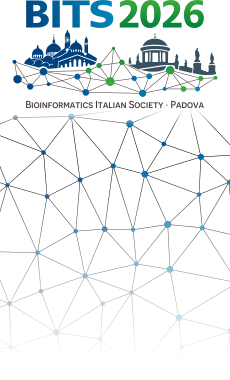The amount and complexity of the biological data generated in the last years, due to the popularization of high-throughput pipelines, is virtually flooding biomedical research. Indeed, the growth of biological databases is steeper than ever before, and the repertoire of possible read-outs spans all levels of biology. However, the nature of biological data is remarkably complex, and dealing with diversity, inconsistency and incompleteness, among other issues, demands heavy specialist processing, and prevents a widespread predictive approach to disease biology. Indeed, this deluge of data has not spurred the development of truly precision therapies, and the inherent limitations of the prevailing reductionist approaches have highlighted the need of moving away from the ‘one disease, one target, one drug’ paradigm and consider the complexity of human pathologies and physiological responses.
The current project builds on the hypothesis that the disease-causing perturbations leave detectable traces at different - and variable - levels of biological complexity (i.e. activation/inhibition of signaling pathways, transcriptional changes, etc) that capture both the direct effect of the perturbation and a global reaction of the system. Accordingly, the main aim of the project is to collect genuinely heterogeneous datasets, and offer a generic and intuitive means to bridge the gap between biological big data repositories and state-of-the-art machine-learning tools. Besides, we shall develop a generalized connectivity mapping, as a form of virtual phenotypic screening, to discover novel chemical or genetic modulators able to revert the specific signatures of disease and ‘cancel out’ the phenotypic traits of the disorder.
More information: https://www.irbbarcelona.org/en/about-us/jobs/postdoctoral-fellow-in-bioinformatics-refpd2005
or in the attached document.
Postdoc in Bioinformatics
Location
Barcelona (Spain)
Referent
Patrick Aloy
Deadline for application
31/03/2020
Contact




